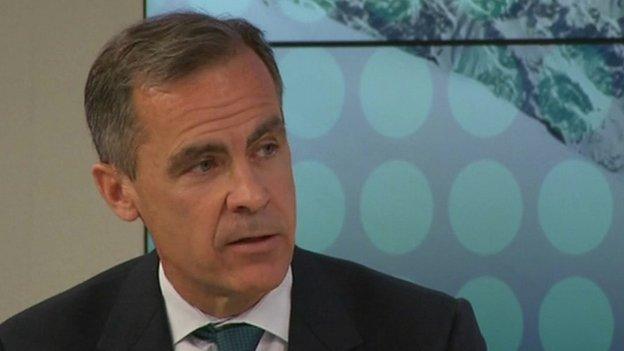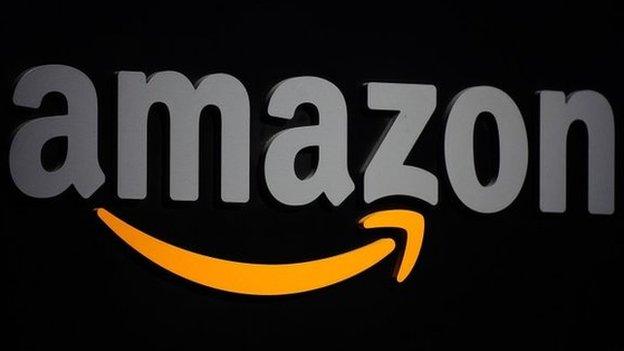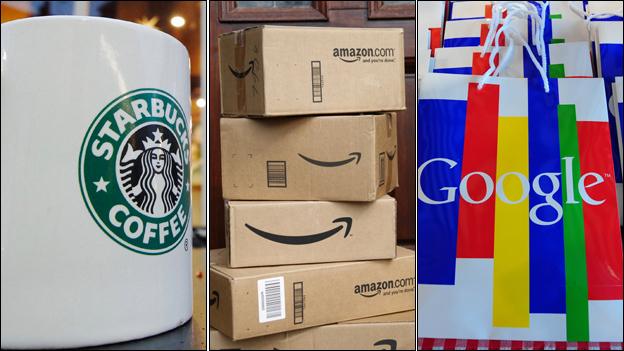Mark Carney: Technology firms' tax bills 'very small'
- Published

"Some of the firms which take most advantage of international tax rules are technology companies," Mr Carney said.
The governor of the Bank of England has said powerful technology firms are among those who take advantage of international tax deals.
Mark Carney said: "The amount of tax that's actually paid by technology companies is very small relative to the returns."
He was speaking at a BBC-hosted debate at the World Economic Forum, in Davos.
Tackling tax avoidance is high on the agenda of several organisations at the moment, including the G20 and EC.
"We should recognise, actually, some of the firms which take most advantage of international tax rules are technology companies," Mr Carney said.
Technology industry body TechUK said that international tax deals were used by many organisations.
"These issues extend far beyond the tech sector, and predate the internet economy," said a TechUK spokeswoman in London.
"Global corporate tax rules have become outdated, complex and opaque," she added. "The way to remedy this is for governments, working collaboratively, to take action to bring the rules up to date, and make them simpler and more transparent."
Tax talk
The debate in Davos was on how to combat economic inequality, and whether capitalism benefitted most people, or just the richest 1%. Taxation was one of the major strands running through the debate.
Oxfam International executive director Winnie Byanyima called for global tax reform, saying a study had suggested that business had $18 trillion "stashed out in tax havens".
Klaus Kleinfeld, the chief executive of aluminium giant Alcoa, said that tax systems should be set up so firms have a "level playing field".
Deals hammered out between technology firms and countries such as Apple and Ireland and Amazon and Luxembourg are among those being investigated by the European Commission.
The firms say they have done nothing wrong and the deals were made in accordance with tax laws.
Meanwhile, the OECD has been lobbied by representatives for technology firms, external over recommendations to the G20 group of countries to close tax loopholes.
- Published16 January 2015

- Published3 December 2014
